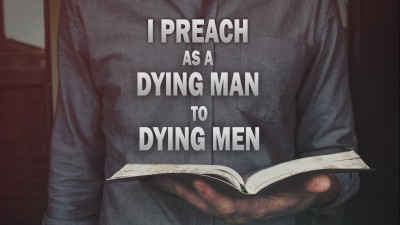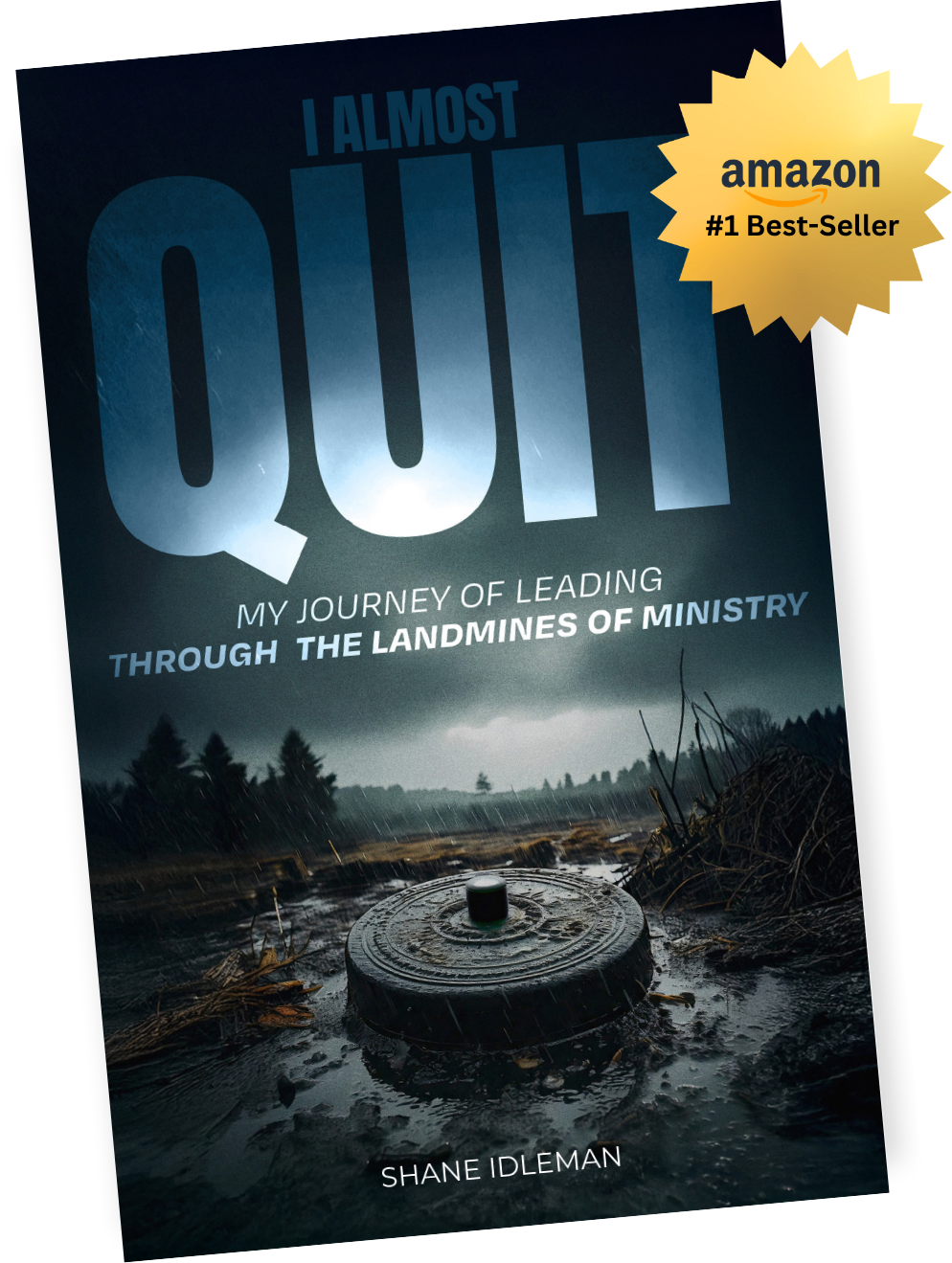In a recent sermon I confessed to my congregation that I’m not primarily a pastor. After a brief pause, and a few blank stares, I stated, “I’m not primarily a pastor… I’m a preacher.” (Hear it here: https://www.youtube.com/watch?v=1lSd9F6PDRc)
Those who have been called to preach, much like the prophets in the Old Testament, will confront compromise, condemn moral digression, and powerfully denounce sin in the hope of reconciling man to God—they speak the truth in love.
This is why the Old Testament preachers were primarily statesmen, reformers, authors, and speakers. They ruffled feathers, and so will we from time to time. However, people called to the position of pastor/teacher often have a shepherd’s heart…love, compassion, and kindness are marks of their ministry.
We should not expect everyone to share the same passions for specific ministries, but instead, we should thank God for diversity. Pastors, and Christians in general, need to stop judging one another.
Within each of us, God creates varying desires, talents, and levels of interests. If God has called a man to preach His Word, that will be his passion. If God has called a Christian to pursue politics, that will be his or her passion. God established the concept of government; therefore, He desires godly leaders who govern according to His standards. If God has called a Christian to concentrate primarily on feeding the poor, that will be his or her passion. If God has called a Christian to the mission field in Africa, that will be his or her passion, and so on.
Problems arise when we fail to respect different gifts. For example, those who believe that Christians should not mention controversial topics contradict the most basic of principles. From time to time, God clearly calls us to do just that—to confront, rebuke, and challenge. I encourage you to read Jesus’ words to the seven churches in the book of Revelation, to the religious leaders of His day, and to the cities that did not repent.
In a sense, a preacher is called to break the heart, a pastor to mend it; one concentrates on repentance, the other restoration. Although there’s a mixture of both preacher and teacher in a person, there is often a clear difference. Pastors (and teachers) aim for the mind; preachers aim for the heart, will, and emotions—to stir and to convict. Often…
-
The pastor builds—the preacher tears.
-
The pastor counsels—the preacher convicts.
-
The pastor rejoices—the preacher weeps.
-
The pastor plants—the preacher uproots.
-
The pastor teaches—the preacher preaches.
-
The pastor mends—the preacher breaks.
-
The pastor is full of hope—the preacher is full of fire.
-
The pastor loves to listen—the preacher needs to speak.
-
The pastor sees the good in others—the preacher sees the depravity in man.
-
The pastor desires to be among the people—the preacher desires to be alone with God.
As the famous Puritan Richard Baxter said, “I preach as a dying man to dying men”… as a dying man to a dying nation. The church, and our nation, desperately needs to hear “the voice crying in the wilderness” to awaken, convict, and restore. America cannot fall because she has already fallen. Her moral heartbeat has stopped; she needs resuscitation, renewal, and revival. The Titanic has been struck.
Leonard Ravenhill, in Why Revival Tarries, wrote, “God has always had His specialists whose chief concern has been the moral breakdown of the nation and the church. Such men were Elijah, Jeremiah, Malachi, and others of their kind who appeared at critical moments in history to reprove, rebuke, and exhort in the name of God and righteousness. Such a man is likely to be drastic and radical; the curious crowd that gathers to watch him will soon brand him as extreme, fanatical, and negative…and, in a sense, they are right…for he cannot turn off the burden of the Holy Ghost.”
It begs the question, “Where are those today with the burden of God on their hearts?” Where are the John Wesleys who said, “Give me one hundred preachers who fear nothing but sin and desire nothing but God, and we will shake the gates of hell?” Where are the David Brainerds who spent so much time in prayer that even the great Jonathan Edwards was convicted?
Where are the Robert Murray McCheynes who, even though he died at age twenty-nine, was one of Scotland’s most anointed preachers—causing people to weep before even preaching a word (not emotionalism, but anointing)? Where are the Martin Luther King, Jr.s, who gave his life for a worthy cause? Where are the Spurgeon’s who spoke with such authority that his sermons are read more today than ever before? Where are the D.L. Moodys who brought America to her knees?
Where are the Evan Roberts’ who, during the Welsh Revivals of 1904-5, preached so powerfully against sin that people cried out, “No more, Lord Jesus, or I’ll die”? Again, where are the Puritans like Richard Baxter, who said with such humility, “I speak as a dying man to dying men”?
Where are men with uncompromising power and authority in the pulpits today? Granted, there are some, and I appreciate their ministry, but as a whole, the church is lacking. The one thing that all of the great men previously mentioned had is the one thing that many are lacking—authority and the power of the Holy Ghost. They were also men of extraordinary prayer, brokenness, and humility. Men filled and clothed with power from on high.
The men who do the most for God are always men of prayer. “Preaching, in one sense, merely discharges the firearm that God has loaded in the silent place” (Calvin Miller). “Preaching is theology coming through a man who is on fire” (D. Martyn Lloyd-Jones).


